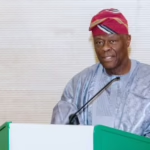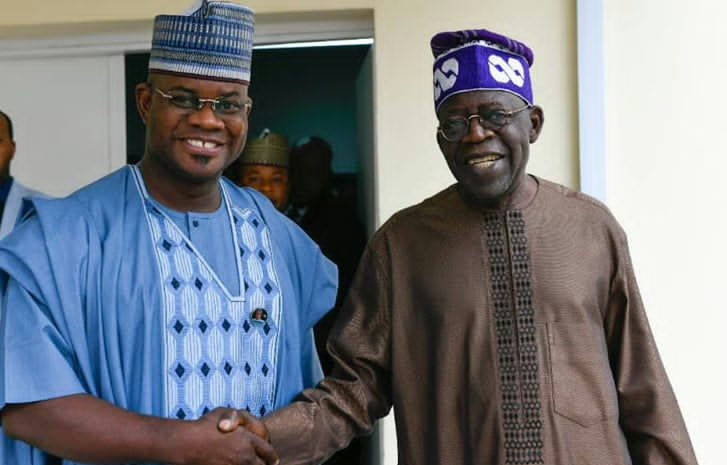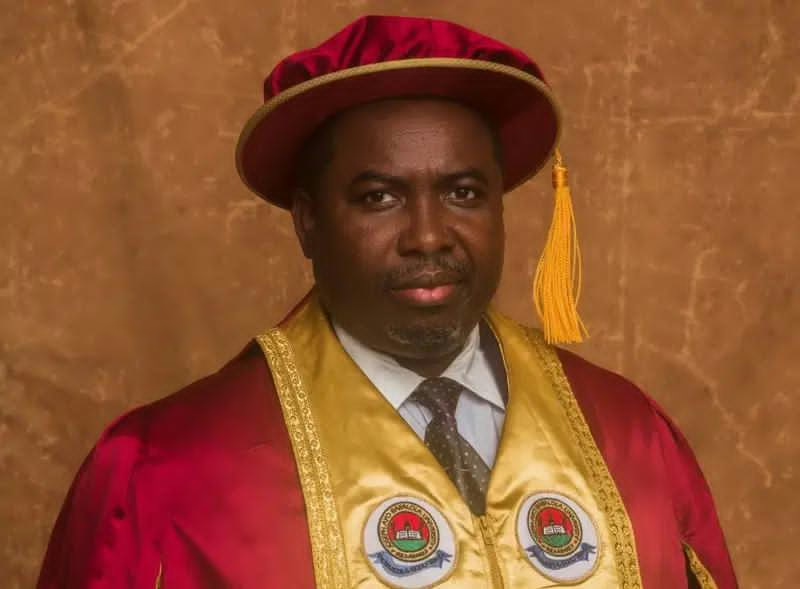By Charles Maduka
President Bola Ahmed Tinubu has reaffirmed his administration’s commitment to overhauling Nigeria’s tax system in order to boost revenue generation and tackle longstanding inefficiencies.
Represented by the Minister of State for Finance, Doris Uzoka-Anite, at the 27th Annual Tax Conference in Abuja, the President said the reforms are central to his government’s economic recovery plan. He stressed that the goal is to establish a fair, transparent, and efficient tax framework capable of funding national development and promoting accountability.
“A robust tax system is key not just to government financing, but also to creating an environment of economic stability and growth,” he said.
To drive this agenda, Tinubu highlighted the establishment of the Presidential Committee on Fiscal Policy and Tax Reforms, which is tasked with simplifying Nigeria’s tax structure, curbing leakages, and ensuring alignment with national development goals. The administration has also secured the passage of the Economy Stabilisation Bill and other tax-related laws aimed at improving revenue mobilisation.
Tinubu added that the government is leveraging technology and data analytics to enhance tax compliance. He noted that digitising tax processes has improved transparency and boosted collection efficiency.
Vice President Kashim Shettima, represented by Special Adviser Dr Tope Fasua, echoed these views, stating that the current reforms are a necessary response to Nigeria’s economic realities. He commended the leadership of the Chartered Institute of Taxation of Nigeria (CITN) for playing a pivotal role in shaping the country’s tax landscape.
Shettima pointed to broader reforms under Tinubu’s leadership, including subsidy removal, changes to the foreign exchange system, labour market reforms with a 130% minimum wage increase, and a national push to combat insecurity and hunger.
“We’re seeing bold steps taken to reset the fundamentals of our economy,” he said, adding that these reforms are already reducing public debt and increasing revenue at the state level.
He also praised the Buy Nigeria policy for empowering local contractors and supporting rural job creation, stressing that taxation must be pro-poor, progressive, and aimed at reducing poverty.
CITN President, Samuel Agbeluyi, welcomed the administration’s efforts and emphasised that taxation should serve not only as a revenue tool but as a driver of equity and public service delivery. He said the success of tax reforms depends on aligning policies, laws, and enforcement, and called for stronger trust between tax authorities and citizens.
Agbeluyi concluded by stating that building an effective tax system is crucial for shared prosperity and national development.











Leave a Reply